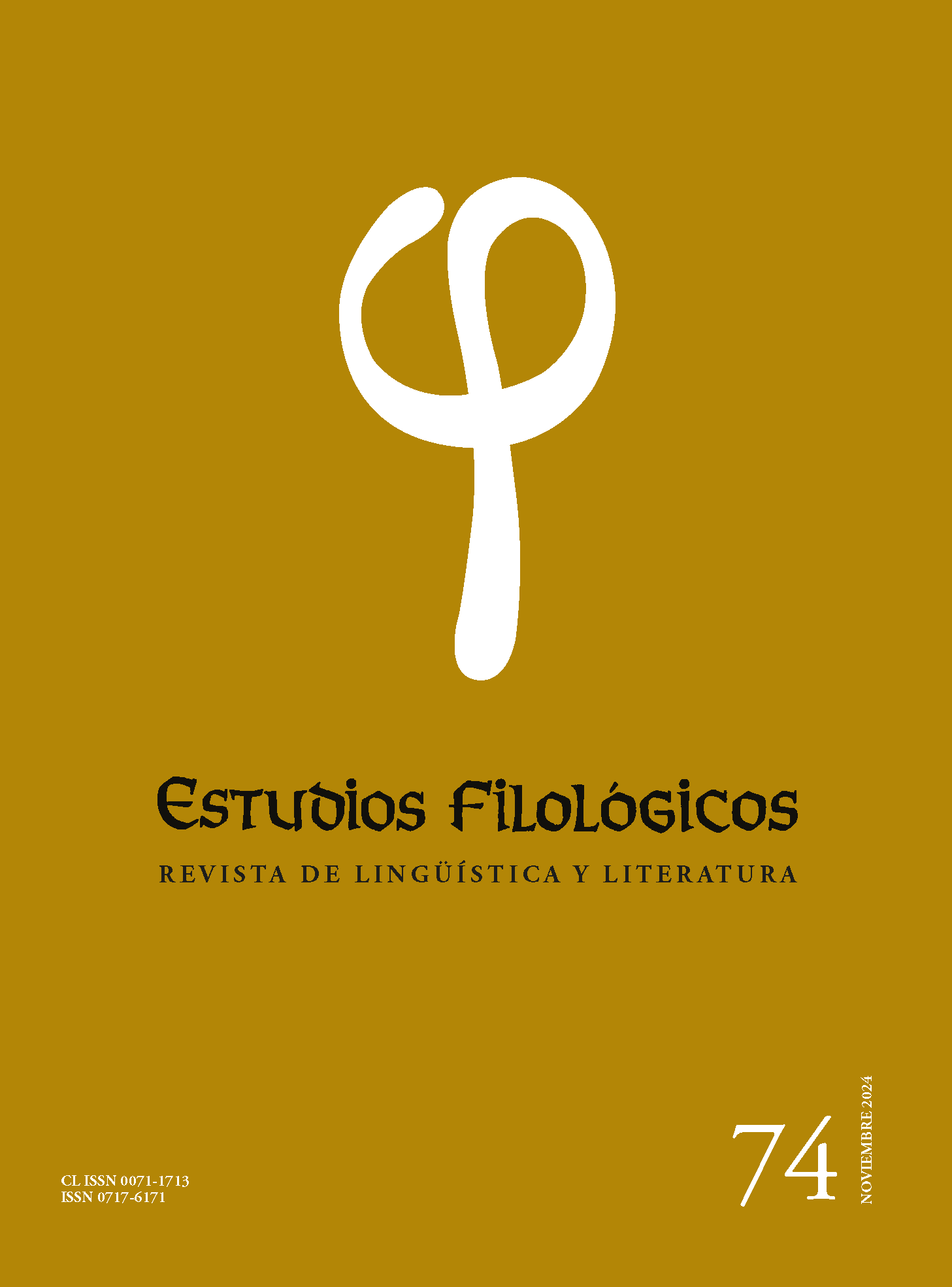Construction of the putative reader in official reports on historical memories of human rights in Chile
Main Article Content
Abstract
This study addresses the intersubjective construction of the author’s voice in relation to the putative or ideal reader, in the introductory sections of three official Chilean documents on truth and reparation for human rights violations committed by the State in the civil-military dictatorship of Augusto Pinochet (1973-1990) and in more than 500 years of conflict with indigenous peoples in Chile. The analysis considers, from a supervenient perspective towards the reports, the strata of context, semiotically stratified in genre and register. This top-down viewpoint, ‘from above’ of the texts is combined with a view ‘from around’ at the discursive semantic stratum and ‘from below’ from the lexicogrammatical realization. Specifically, given that the analysis focuses on the dialogic construction of the voices of the Commissions in relation to the putative readers of these reports, the coupling of resources is examined through their realization by resources mapped by the engagement and the graduation subsystems comprising the system of appraisal, developed within the framework of the Systemic Functional Linguistics (LSF). The results show that the construction of a putative reader by the authorial voices of the truth and reconciliation commissions in the macro-genre Introduction of the Official Report on Human Rights Violation Human Rights is carried out in an important way through micro maneuvers that present, by accumulation, patterns of evaluative prosodies of dialogic expansion and contraction, with privilege of the latter and realized in the lexicogrammatical stratum by resources of mode and modality.

